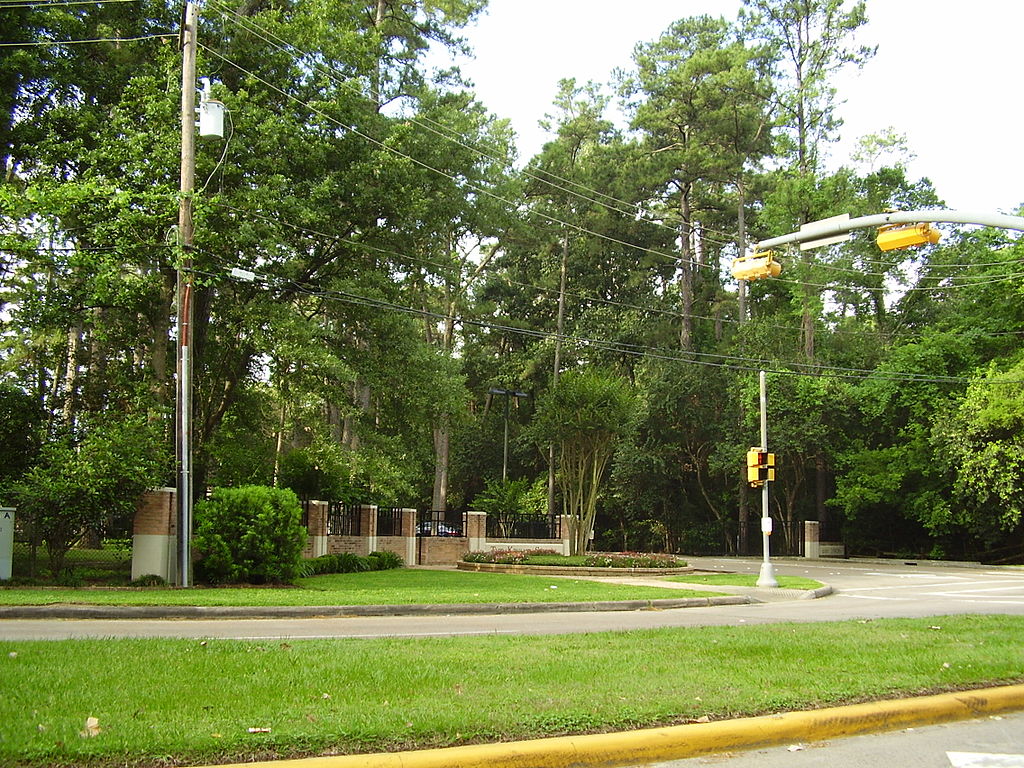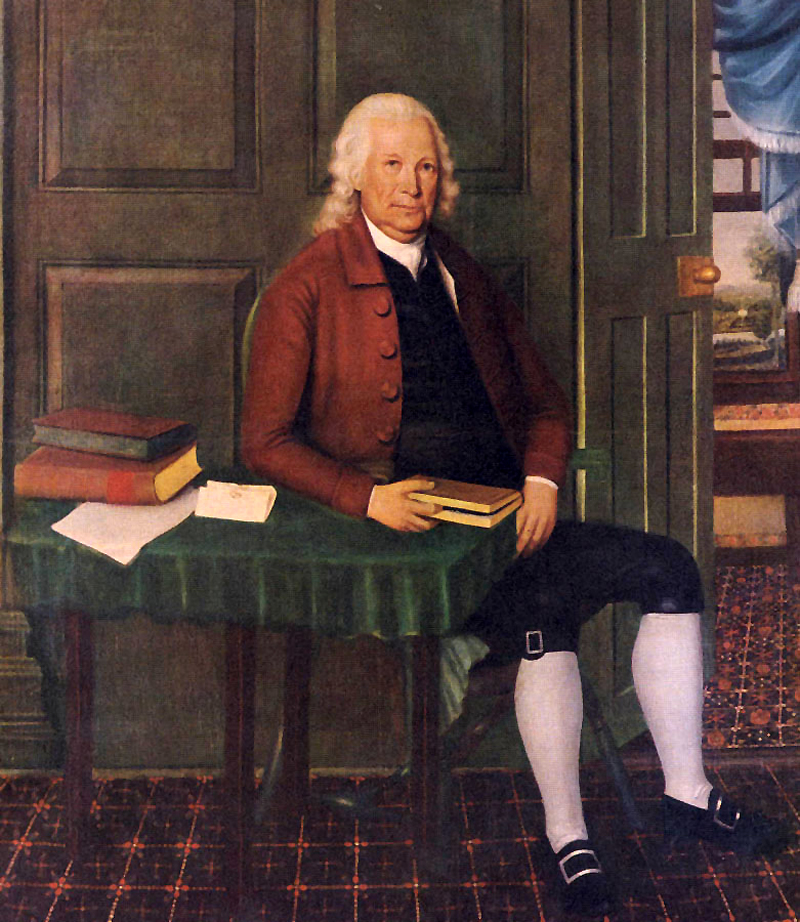is Kinkaid a good school?

is Kinkaid a good school?

The Kinkaid School
Houston’s Kinkaid School: A Beacon of Academic Excellence, Innovation, and Community in Education
Introduction
Established in 1906, Houston’s Kinkaid School has built an esteemed reputation as one of the city’s leading independent, coeducational schools. Located in the heart of Houston, Texas, Kinkaid School has been committed to nurturing intellectual curiosity, innovation, and academic excellence. Through its extensive range of programs, emphasis on character development, and commitment to collaboration, Kinkaid School has made a significant impact on the local and global academic community.
Academic Excellence
Kinkaid School’s dedication to academic excellence. Thus, evident in its diverse range of top-tier programs, spanning from pre-kindergarten through twelfth grade.
With a strong focus on the liberal arts, the school offers a comprehensive curriculum. Moreover, one that encourages students to explore various disciplines. In addition, or rather including mathematics, science, humanities, and the arts. Kinkaid School’s interdisciplinary approach to education fosters a passion for learning and critical thinking, allowing students to develop innovative ideas and pursue their unique interests.
is Kinkaid a good school?
Innovation and Entrepreneurship
Houston’s Kinkaid School has cultivated an environment that embraces innovation and entrepreneurship. Through its various programs, such as the STEAM (Science, Technology, Engineering, Arts, and Mathematics) initiative, Kinkaid School encourages students to engage in hands-on learning experiences and develop creative problem-solving skills. This emphasis on experiential learning and real-world application prepares students for future success and contributes to the development of the next generation of leaders, innovators, and entrepreneurs.
Community and Collaboration
Kinkaid School recognizes the importance of fostering a strong sense of community and collaboration, both within the school and beyond its walls. The school’s emphasis on character development, including its commitment to the values of respect, responsibility, honesty, and kindness, helps create a nurturing and inclusive environment for all students. Through various community service projects, partnerships with local organizations, and global learning initiatives, Kinkaid School cultivates a spirit of collaboration and social responsibility among its students.
Social Impact
The Kinkaid School is deeply committed to creating a positive impact on both local and global communities. Through its numerous outreach programs, the school promotes equal opportunity and access to quality education for underprivileged and underrepresented groups. Additionally, Kinkaid School’s emphasis on global citizenship and environmental stewardship demonstrates its commitment to addressing critical issues facing the world today and fostering a better future for all.
Conclusion
Houston’s Kinkaid School stands as a shining example of academic excellence, innovation, and community in education. Its dedication to interdisciplinary learning, character development, and entrepreneurial growth has solidified its position as a vital contributor to the city’s intellectual and cultural landscape. By fostering collaboration and prioritizing social responsibility, Kinkaid School continues to make a lasting impact on the local and global stage, reinforcing its status as a leading institution in the world of education.
The Kinkaid School – Wikipedia
is Kinkaid a good school?
A brief reflection on my time as a student.
During my time at Phillips Exeter since early September, I have been exposed to countless new cultures, religions, customs, and people from across the world. It is in stark contrast to the generally homogenous community of the public high school I attended before coming to Phillips Exeter. I can say with certainty that never before coming to Phillips Exeter did I sit around a Harkness table with people from up to four different continents at the same time, and discuss the pressing issues that our society faces today. It has broadened my horizons greatly, and allowed for me to obtain a greater understanding of the world I live in.
As the math problems I faced in classes became increasingly difficult throughout my highschool years, I looked for help. I sought help from teachers, textbooks, online learning services, parents, as well as peers. Having a classmate or older student explain complex problems to me almost always yielded a stronger understanding than any of the other aforementioned methods.
For this reason, when I became given the opportunity to become a math peer tutor in my freshman year of high school. I graciously accepted. It began a bit rocky! As my level of understanding in certain areas was often less than or equal to the students who I was trying to help. However, this led me to seek a deeper understanding in all the topics I learned about. As a result, I was always able to assist those who came to me. It drove me to dig deeper. Furthermore, answer the “why” of every problem I encountered. Rather than just memorizing a method to get the right answer. This skill has served me well in many facets.
How hard is it to get into Phillips Exeter Academy?
How hard is it to get into Phillips Exeter Academy?

View from tower of Phillips Church, Exeter, New Hampshire. At right is the 3rd Academy Building, designed by the Boston architectural firm of Peabody & Stearns. It was built to replace the 2nd Academy Building, which burned on December 20, 1870, and would itself burn on July 4, 1914. In the distance is the Squamscott River.
Phillips Exeter Academy, located in Exeter, New Hampshire, is a prestigious, highly selective, co-educational independent boarding school. Widely regarded as one of the most academically rigorous and competitive schools in the United States. Admission to Phillips Exeter Academy is a challenging process that requires dedication and effort from applicants. This essay will explore the application process, the factors that the school considers when making admission decisions, and the level of difficulty of getting into Phillips Exeter Academy.
The application process for Phillips Exeter Academy is comprehensive and rigorous, involving multiple stages. The first stage of the process is the submission of the application, which includes essays, transcripts, standardized test scores, recommendations from teachers, and an interview. The application process is highly competitive, with the school receiving thousands of applications every year, and only admitting a fraction of the applicants.

When making admission decisions, Phillips Exeter Academy considers a range of factors, including academic achievement, extracurricular activities, character, and potential for leadership. The school looks for students who have demonstrated exceptional academic achievement, as well as a commitment to intellectual curiosity and academic rigor. Additionally, the school values students who have shown leadership potential through their involvement in extracurricular activities, community service, and other forms of engagement.
The level of difficulty of getting into Phillips Exeter Academy is high, with an acceptance rate of around 15%. As a result, means that out of thousands of applicants, only a small fraction will become admitted. The school is highly selective! And looks for students who are not only academically strong but also demonstrate leadership potential, intellectual curiosity, and a commitment to serving their communities.

E. Chickering & Co. – http://lcweb2.loc.gov/cgi-bin/query/I?
The school’s high level of academic rigor and selectivity makes it an attractive option for students who are seeking a challenging and rewarding academic experience. However, it also means that the application process is highly competitive. And applicants need to become well-prepared and dedicated to their studies and extracurricular activities.
In conclusion, getting into Phillips Exeter Academy is a challenging process that requires dedication, effort, and commitment from applicants. The school is highly selective and values academic achievement, leadership potential, and character.

Abraham Lincoln – http://memory.loc.gov/mss/mal/mal3/434/4340100/001.jpg
The application process is comprehensive and rigorous, involving multiple stages and requiring applicants to demonstrate their abilities and potential. While getting into Phillips Exeter Academy is challenging. It is also a highly rewarding experience for students who are seeking an academically rigorous and stimulating environment.
How hard is it to get into Phillips Exeter Academy?
What does it mean to be an ‘Exonian’ or Phillips Exeter’s best students?
Culture is a complex anthropological concept. John Monaghan, in his book Social and Cultural Anthropology: a Very Short Introduction, writes that “there have probably been more anthropological definitions of ‘culture’ than there have been anthropologists.” From this, it is clear that even at the scholarly level, there is difficulty nailing down an all-encompassing definition for the term.
Evidently, there will exist similarities between different definitions of culture, which can be used to generally characterize what is, and what is not culture. It is through these similarities that a working definition for culture will be synthesized, and used to analyze the origins of cultural identity at Phillips Exeter Academy.
Also in Social and Cultural Anthropology: a Very Short Introduction, Monaghan says that “however we define culture, most anthropologists agree that it has to do with those aspects of human cognition and activity that are derived from what we learn as members of society, keeping in mind that one learns a great deal that one is never explicitly taught.” Here, the insinuation is that culture is a summation of thoughts and actions learned over time, and also that it is learned indirectly, rather than taught in something akin to a classroom environment. The idea of learning culture is studied more in depth by Katherine Dettwyler in Cultural Anthropology and Human Experience: The Feast of Life. She says that culture can be simplified into three categories: what’s inside people’s heads, what people do, and what people make.
Within the first category, she emphasizes that culture is learned, shared, and patterned.
Moreover, it becomes learned because culture isn’t steadfast, it is constantly changing. Culture is shared since individuals will have overlap in terms of the beliefs, knowledge, and attitudes which help them identify with a particular group. Culture is patterned because “we find organized systems of thought and belief, patterns of thinking and systems of knowledge, not just a random hodgepodge of factoids and unrelated ideas.” Specifically, it is this pattern of ideas and factoids that gives culture significance.
Comparing the two expanded definitions of culture from both Monaghan and Dettwyler, a few concepts are clear. Culture is not instantaneous.
That is to say, it takes time to develop. Also, there is no explicit teaching, but rather it is ingrained into the individual by the society in which they exist. Logically, the next question is how exactly culture becomes ‘ingrained’ into an individual.
In the book The Best of The Best, the author Ruben Gatzambe-Fernandez explores the development of cultural identities at “Weston”, a pseudonym for the elite boarding school Phillips Exeter Academy, or “Exeter”. He evaluates admissions, language, and framing, in his consideration of how a student comes to identify themselves with Exeter, which is most often through the use of the term “Exonian”.
The first step towards a student identifying themselves as an Exonian, and thus a member of the group of people which form the culture at Phillips Exeter, is the admissions process.

Students, not made aware of the explicit reason that they become admitted to Exeter when they receive notice of admission. The effects of this are twofold. One, it disbands the possibility of a student who did not become admitted comparing themselves to those who were with specific evidence as to why.
Secondly, “it is the initial step toward internalizing the notion that, while ‘Weston is not for everybody,’ it is certainly for them.” The offer of admission confirms this notion in the student’s mind. It is a rite of passage, meaning it represents a passing from one world to another, in this case, the transition into Exeter from a different school environment.
Within the broad category of rites of passage, there exists a subgroup of transition rites, exemplified by the likes of betrothal, or in this case, initiation.
After students receive their admissions letter, students reflect on why they belong at Exeter. Jack Mitchell, one of Fernandez’ interviewees, attributes his acceptance to his willingness to have meaningful discussions. In his admissions interview, he recalls saying:
“I feel that I always have things to say, and if I don’t have things to say, I’m interested in what someone else has to say.”

As Fernandez mentions often, discussion skills are crucial to becoming Exonian, and Jack is trying to show that he has what it takes.
When Jack is explaining why he believes he belongs at Exeter, he is legitimizing his presence there.

The term Legitimation, as defined in Peter Berger’s The Social Construction of Reality is “this process of ‘explaining’ and justifying.” In this instance, legitimation takes the form of spoken language, and allows Jack to rationalize his place at Exeter. He reasons that because he is good at discussion, one of the key parts of becoming an Exonian according to many students interviewed by Fernandez, he deserves to be at Exeter.
Post admission, and the legitimation of their own personal place in the ranks of Exeter students, individuals continue to construct their cultural identity through language. “Language might be called the domain of articulations … Language can also be compared with a sheet of paper: thought is the front and the sound the back; one cannot cut the front without cutting the back at the same time.”
Furthermore, Language becomes connected to thoughts. Which are key to internalizing a particular cultural identity. The word that Fernandez found most intertwined to the cultural identity of Exeter students is “smart”. A good way to see this becomes through the constructing of boundaries between groups on campus. Who become considered “smart”, and those considered not. “Students use the category of PG as a way to distinguish and draw boundaries around themselves as Westonians who are smart and work hard.” The word smart becomes associated with exclusively students who are not of the PG category.
Since most students view PGs as “Weston students who are not Westonians”. As a result, distinguishing themselves from PGs thus makes a student more “Westonian”.

In essence, language becomes used to reinforce their cultural identity as Westonian. As a result of separating themselves from the group considered not to be. In addition to language, there is another underlying anthropological concept in this method of cultural identification. It is framing. Frames “are mental structures that shape the way we see the world.” An example of a frame would be that Ethan is a PG, so Ethan is dumb. It allows individuals to reinforce their own ideas about culture.
Culture has no unilateral definition.


However, the case study of Phillips Exeter provides great insight into what exactly culture has manifest itself into. Additionally how it becomes constructed. Furthermore, students at Exeter begin as outsiders. Thus, begin the creation of their cultural identity as Exonians upon acceptance to the institution. From there, they legitimize their presence.
In conclusion, language structures to separate themselves from those considered not Exonian. And thus, more closely associating themselves with the term. Furthermore, it is a process that takes time, as culture is not instantaneous. Lastly, through what they think, what they do, and what they make. Exeter students slowly come to associate themselves with the cultural identity of an Exeter student, being Exonian.
How hard is it to get into Phillips Exeter Academy?
Phillips Exeter Academy | Exeter
How to Get Into Phillips Exeter Academy – Test Innovators
Phillips Exeter Academy – Acceptance Rate, Tuition, Ranking, and More – collegegazette.com
Most Selective Boarding Schools in America (businessinsider.com)












